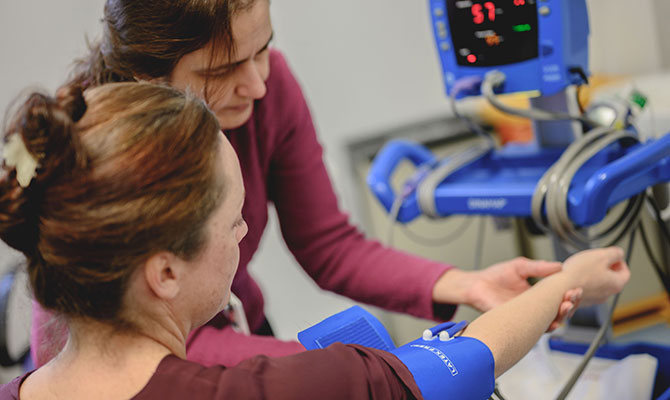Ideally, you should talk to your GP or specialist cardiac doctor if you’re planning on getting pregnant since it may be helpful to optimise your health or adjust medication before trying.
Congenital heart disease
Even if you are normally fit and well, pregnancy requires your heart to work harder. If you were born with a heart abnormality that affects how well your heart works, there is a potential for problems to arise.

If you have a congenital heart defect, your midwife will refer you to an obstetrician. You will also have a cardiologist involved in planning your care. You are usually advised to deliver in a maternity hospital, rather than birth centre.
If you have had previous heart surgery, you may require close follow up during your pregnancy. Your obstetrician, cardiologist or GP can refer you there. Even if you are normally fit and well, pregnancy requires your heart to work harder. If you were born with a heart abnormality that affects how well your heart works, there is a potential for problems to arise.
Congenital heart disease can affect your baby in a number of ways. Babies may be smaller if the mother's heart does not pump as efficiently as it should and delivers less oxygen and nutrients to the placenta and developing baby. In addition, your baby has an increased risk of having congenital heart disease. Your obstetrician may arrange for you to have additional ultrasound scans and you will be seen regularly by your midwife.
For more information either look on the NHS choices website or click here .




